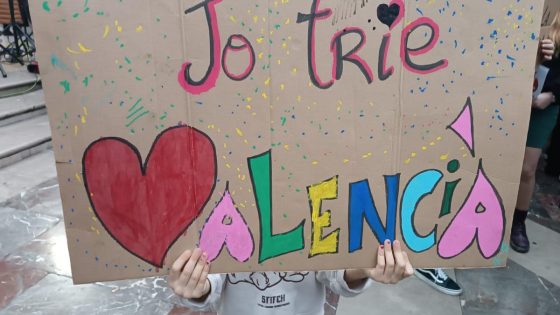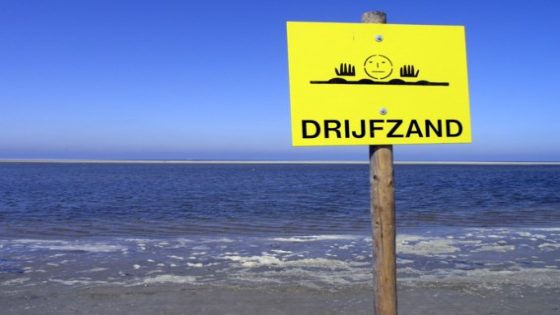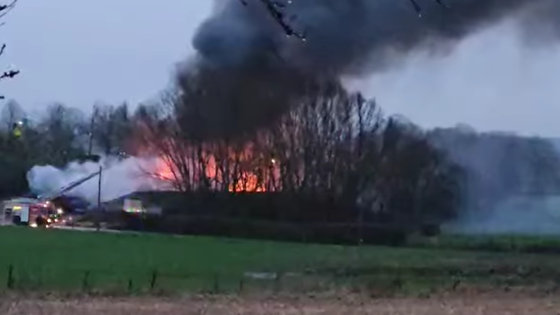Access to housing has become a pressing issue in Spain, as a group of thirty individuals has occupied the abandoned workers’ houses near the Sau reservoir in Osona. Built in the 1950s, these homes have been largely neglected since the 1980s. The local government is not supportive of this occupation, raising questions about the future of these residents.
- Housing access difficulties lead to occupation.
- Occupants face eviction from ACA properties.
- Residents fear potential demolition of houses.
- Mayor emphasizes respect for private property.
- ACA previously allowed occupants to live there.
- Local services are outdated and in poor condition.
Housing Crisis in Spain: Occupation of Abandoned Homes Raises Concerns
What happens when people are left without housing options? In Osona, a group of residents has taken matters into their own hands by occupying abandoned houses. This situation reflects a broader issue of housing accessibility in Spain, where many struggle to find affordable living spaces.
Local Government’s Response to Housing Occupation in Osona
The local government of Vilanova de Sau has expressed its disapproval of the occupation. Mayor Jaume Orra insists that the homes are unsafe and that the municipality cannot take responsibility for them. This stance emphasizes the tension between property rights and the needs of those without housing.
Residents’ Perspectives on Their Living Conditions
Many residents have voiced their concerns about the living conditions and the threat of eviction. They argue that the houses, while in disrepair, are not beyond rehabilitation. This sentiment reflects a growing frustration with the lack of support for those in need of housing.
- Residents have occupied homes for years, paying for utilities.
- Some fear they may end up homeless if evicted.
- Local authorities cite safety as a primary concern.
- Many believe the homes could be restored rather than demolished.
The Role of the Catalan Water Agency in the Eviction Process
The Catalan Water Agency (ACA) claims that the homes must be vacated for safety reasons. They have initiated administrative procedures to evict the residents, which has led to legal challenges from the occupants. This highlights the complexities of property management and tenant rights in Spain.
Broader Implications for Housing in Spain
This situation in Osona is not isolated; it reflects a nationwide struggle with housing affordability and availability. As more people occupy abandoned properties, the question remains: how can Spain address its housing crisis effectively?
In conclusion, the occupation of these homes in Osona serves as a microcosm of the larger housing crisis in Spain. As residents fight for their right to shelter, the need for comprehensive housing solutions becomes increasingly clear.

































